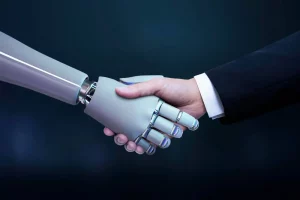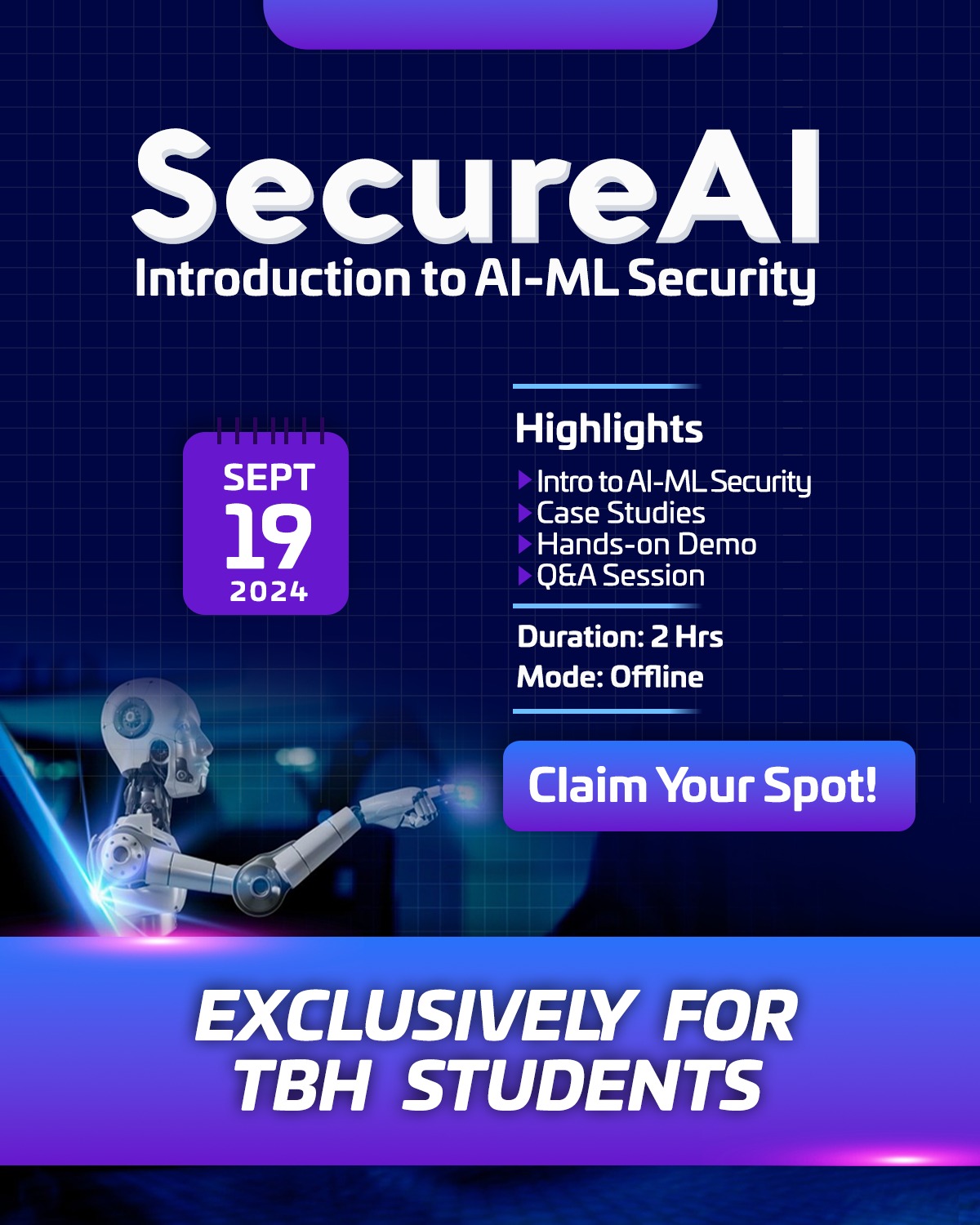Can Cybersecurity Be Replaced by AI? A Look Into the Future of Digital Protection

In an age where cyber threats evolve at an unprecedented pace, Artificial Intelligence (AI) has emerged as a powerful ally in the battle for digital security. From detecting threats to automating responses, AI plays a growing role in defending networks and data. But one critical question continues to spark debate in the tech world: Can cybersecurity be replaced by AI?
The Role of AI in Cybersecurity Today
AI has transformed the cybersecurity landscape in several impactful ways:
-
Threat Detection: AI-powered systems can analyze vast amounts of data in real time to identify suspicious behavior, malware signatures, and potential breaches.
-
Automation: Repetitive tasks such as scanning for vulnerabilities, applying patches, and isolating infected systems can now be handled faster and more efficiently with AI.
-
Predictive Analytics: Machine learning models help forecast potential threats before they occur, allowing organizations to adopt proactive strategies.
These capabilities highlight the strengths of AI in supporting cybersecurity operations. However, they don’t provide a complete solution.

Why AI Alone Is Not Enough
Despite its capabilities, AI has limitations:
-
False Positives: AI can generate alerts for harmless activities, overwhelming security teams, and creating unnecessary panic.
-
Lack of Contextual Understanding: AI lacks human intuition and judgment. It can struggle to understand the context or motive behind an action, especially in complex social engineering attacks.
-
Dependency on Quality Data: AI systems are only as good as the data they are trained on. Incomplete or biased datasets can lead to blind spots.
-
Vulnerability to Attacks: Ironically, AI systems themselves can be targeted by cybercriminals using adversarial inputs or data poisoning.
So, can cybersecurity be replaced by AI? Not entirely, at least not yet.
The Human Factor in Cybersecurity
Cybersecurity is not just about responding to technical threats. It involves strategic thinking, ethical decision-making, and understanding human behavior, areas where humans still excel over machines. Ethical hackers, incident response teams, and security analysts provide critical insights that machines alone cannot replicate.
Furthermore, cybersecurity decisions often carry legal and ethical consequences. Determining the best course of action in a breach scenario isn’t something an AI should handle alone.

The Future: Collaboration, Not Replacement
Rather than asking can cybersecurity be replaced by AI, a more productive question might be: how can AI enhance human cybersecurity efforts? The future of digital defense lies in a collaborative model where:
-
AI handles data-heavy and repetitive tasks, improving speed and accuracy.
-
Humans oversee, analyze, and make strategic decisions, ensuring ethical and contextual accuracy.
This partnership enables faster responses to threats, reduces human error, and allows cybersecurity professionals to focus on higher-level concerns.
Final Thoughts
So, can cybersecurity be replaced by AI? The answer is no, at least not completely. While Artificial Intelligence (AI) is revolutionizing the way we detect and respond to cyber threats, it is not a substitute for human expertise, intuition, and ethical reasoning. Instead, the future of cybersecurity will depend on how effectively we combine the power of AI with human intelligence.
As threats grow more sophisticated, embracing this hybrid approach will be the key to building a resilient and secure digital world.









